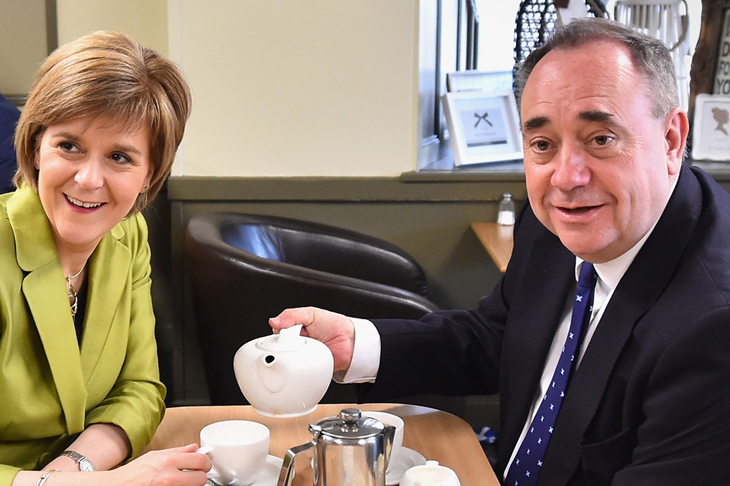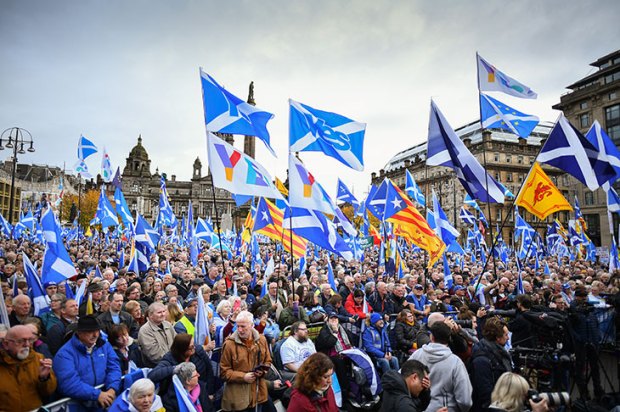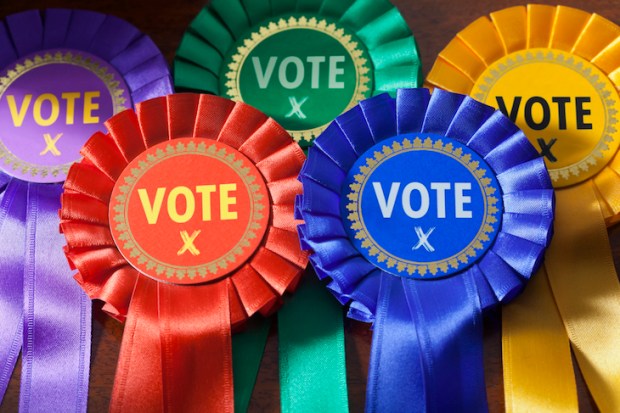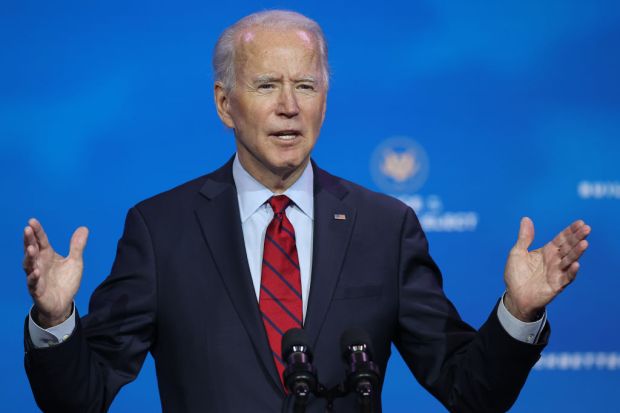Amid the wreckage of a Brexit process that has disrupted every aspect of British political life, it is easy to forget that it is not the only drama currently playing. Nor is Theresa May the only political leader who has no need to go searching for trouble. Michael Gove openly warns that ‘winter is coming’ for Westminster, but in the north it has already arrived. In Edinburgh, Nicola Sturgeon faces the biggest crisis of her career. It is one that may yet destroy her.
Civil war is always uglier than your standard political conflict. We have the First Minister complaining that she is the victim of a ‘smear’ campaign and a ‘vendetta’ launched against her by, astonishingly, her predecessor, Alex Salmond. His allies say exactly the same: that his successor is seeking to destroy what’s left of both his political career and his reputation. Salmond complains that his enemies see him as a ‘political threat’ who must be silenced, once and for all.
It is, by any standards, a remarkable story and one that cannot end happily. Salmond’s legacy hinges upon the outcome but so does Sturgeon’s future and so, perhaps, might the future of Scotland and the United Kingdom.
The #MeToo moment arrived in Scotland a little later than in Westminster but, as we shall see, with greater impact. Two women made allegations of sexual misconduct against Salmond, dating back to 2013 when he was first minister and in his pomp. According to the official version of events, this was handled by the civil service.
This internal inquiry eventually produced evidence deemed sufficiently serious as to require police involvement. While the police investigation into sexual harassment is ongoing, Salmond complained that he had been treated unfairly by the investigation process. He sought judicial review. But, being Salmond, he financed it by making an appeal to SNP supporters asking for £50,000: an extraordinary act of theatre. And a successful one: he reached twice this target in three days. He could, of course, have found the money by more conventional ways but he wanted to test, and demonstrate, his support among grassroots members — as if to show Sturgeon what she’d be up against.
Last week, the Scottish government collapsed its own case, accepting that procedural blunders in the investigation risked giving the appearance that the inquiry was prejudiced. Salmond then demanded the resignation of Leslie Evans, who runs the civil service in Scotland.
This was all extraordinary enough but worse, for Sturgeon anyway, was to come. What did she know about the investigation and when did she know it? Her answer is clear: that she knew nothing until Salmond himself told her in April last year. And even then, she said, she did not intervene one way or the other, since it would have been grossly inappropriate for her to do so.
Doubtless so. The First Minister, however, has not yet explained why, this being the case, she met her former mentor five times while investigations were ongoing, including once at her Glasgow home last year. She insists that, at the time, she had no idea about the investigation. Nonsense, his allies say: at the very least Liz Lloyd, her Chief of Staff, certainly knew. Sturgeon’s office denies this, insisting — and here credibility takes on an elastic quality — that any discussion of sexual misconduct was couched in general terms and did not concern the specific allegations made against Salmond. They can’t all be telling the truth. Be that as it may, there are now no fewer than four inquiries into what happened (Sturgeon has announced an inquiry into herself).
The spectacle of Salmond and Sturgeon knocking lumps out of one another might be entertaining if it weren’t also so gruesome. Lost in all this, too, is the plight of the women who made the initial complaints. Sturgeon, at least, takes those complaints seriously, even as Salmond denies all accusations made against him. But this internecine conflict does not take place in isolation. It maps all too neatly onto other, pre-existing, divisions within the nationalist movement. Although most SNP parliamentarians remain loyal to Sturgeon, there is increasing concern within the nationalist movement as a whole that she is failing to capitalise on the opportunities afforded by Brexit. Leaving the EU might, as the SNP believes, be a disaster for the UK but it offers a pretty good pretext for a new referendum. Look at the disarray in Westminster: will there be a better time to ask Scots to go it alone?
Sturgeon can read a poll, however, and appreciates that neither the SNP nor independence have yet received a Brexit bounce. She still believes Scots will look again at independence once the full consequences of Brexit become apparent, but for now, she is content to wait. She appreciates you can lose one referendum, but not two.
Salmond, by contrast, urges a bolder approach. It is time, he said earlier this month, for Sturgeon to concentrate on her real job: making Scotland independent and securing a second referendum. He believes that this is a time for Bravehearts not fainthearts, if you will, and he senses the prize is agonisingly close. If only the SNP could have the courage to claim it.
Indeed, some of the old guard suspect Sturgeon is guilty of dithering — and failing to take what might be their best chance. The result is a growing split along traditional SNP lines as the party divides between ‘gradualists’, who urge patience, and ‘fundamentalists’, who demand IndyRef2 now. Salmond was once in the former camp but has now crossed the floor, becoming the leader of what you might deem the alt-Nat wing of the movement.
Whatever else happens, the Salmond-Sturgeon relationship is now surely broken beyond repair. If his legacy is at stake, then so, more pressingly, is her career. Political lives have been capsized by smaller squalls than this. The SNP movement itself risks splitting, torn in loyalty between its two biggest figures. There isn’t a third figure. Without Sturgeon at the helm, it is by no means clear who would lead the SNP, far less defend its claim to be Scotland’s dominant, and natural, party of government.
Got something to add? Join the discussion and comment below.
Get 10 issues for just $10
Subscribe to The Spectator Australia today for the next 10 magazine issues, plus full online access, for just $10.
You might disagree with half of it, but you’ll enjoy reading all of it. Try your first month for free, then just $2 a week for the remainder of your first year.















Comments
Don't miss out
Join the conversation with other Spectator Australia readers. Subscribe to leave a comment.
SUBSCRIBEAlready a subscriber? Log in